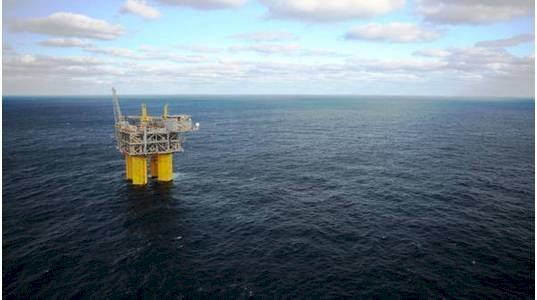Woodside and BHP in merger talks for global petroleum division worth USD 20 billion
On 16th August 2021, BHP (Broken Hill Propriety Company Ltd.), a leading Australian mining company, confirmed that they are negotiating a merger deal with Woodside to merge their oil & gas businesses

On 16th August 2021, BHP (Broken Hill Propriety Company Ltd.), a leading Australian mining company, confirmed that they are negotiating a merger deal with Woodside to merge their oil & gas businesses. The merger will see BHP exit completely from oil & gas business while Woodside would double down and take on major expansion opportunities in North America.
On Monday, BHP released a statement saying the company was considering the future of its global petroleum division, which spans Australia, the Americas and North Africa. BHP further added and said that one option is a potential merger of the petroleum business with Woodside and a distribution of Woodside shares to BHP shareholders.
The statement released by BHP read, “A number of options are being evaluated. One option is a potential merger of the Petroleum business with Woodside Petroleum Ltd (Woodside) and a distribution of Woodside shares to BHP shareholders.”
The merger of BHP’s oil & gas assests would give Woodside significant production in the Gulf of Mexico and Trinidad, a promising expansion into Mexican oil. BHP owns a half-share of the Bass Strait fields as well as multiple interests in Western Australia and the merger would greatly expand Woodside’ Australian portfolio.
BHP owns a 50% interest in the ExxonMobil-operated Bass Strait oil and gas fields off Victoria, and oil and gas interests in the Gulf of Mexico, Trinidad and Tobago and Algeria. BHP and Woodside are also joint-venture partners in two western Australia projects: the North West Shelf and the USD 16 billion Scarborough liquefied natural gas (LNG) project they are hoping to sanction this year.
BHP is one of the largest mining companies in the world and merger of its oil & gas segment with Woodside would follow the group’s exit from thermal coal and switching away from fossil fuels. The company is looking to align its portfolio more with its major rival, Rio Tinto and focus more on so-called “future-facing” commodities copper and nickel that will be increasingly required to power the clean energy age.
The deal would also see Woodside reclaim its position as Australia’s largest independent oil and gas producer after Santos and Oil Search, two of Woodside’s biggest rivals in Australia oil & gas market – agreed to a USD 22 billion merger earlier this month.




























